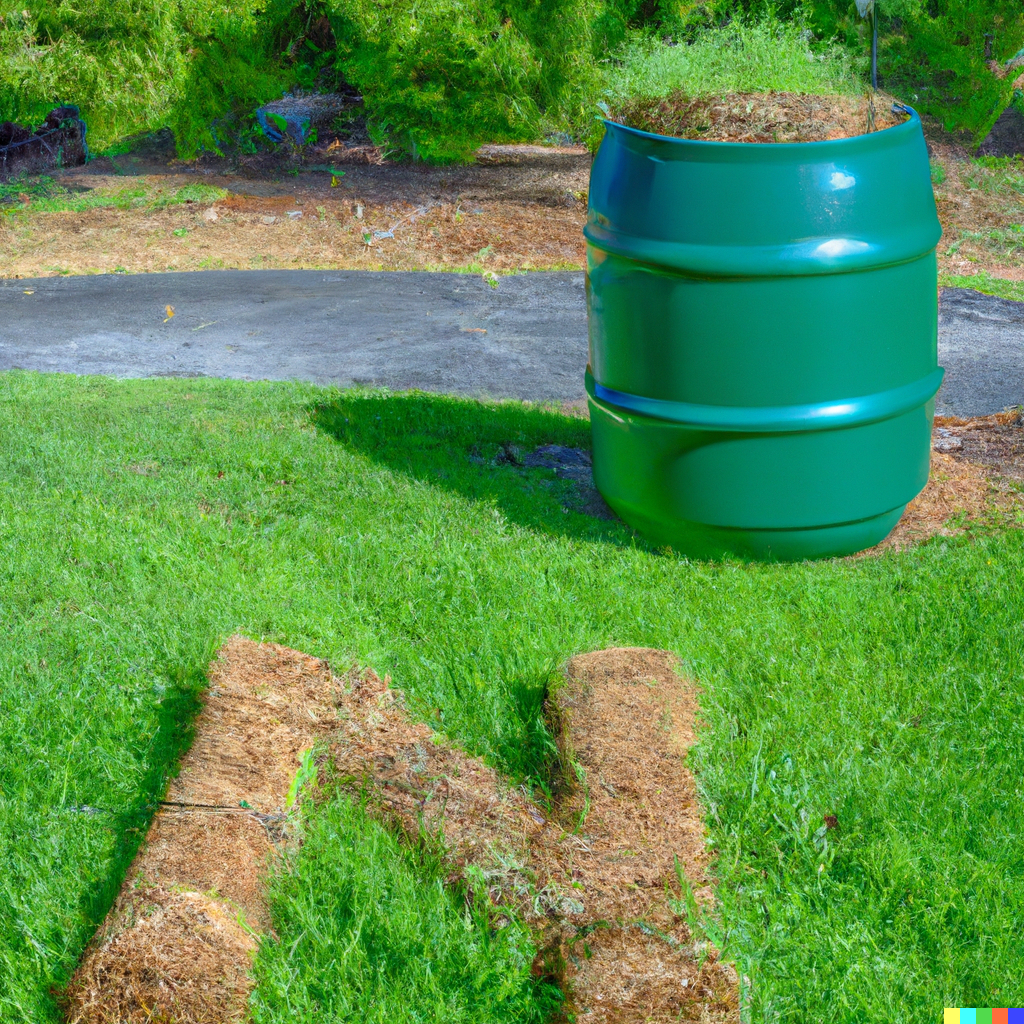No Mow May is a growing movement that promotes eco-friendliness, protects pollinators, and encourages sustainable lawn care practices. This month-long campaign aims to reduce the frequency of lawn mowing, allowing for the growth of wildflowers and native grasses that serve as a habitat for pollinators and other wildlife. But what is the role of No Mow May in promoting sustainable lawn care practices beyond the month of May?
The answer lies in the message behind No Mow May. By participating in this campaign, individuals can become more aware of the impact of traditional lawn care practices on the environment and the potential benefits of alternative approaches. Here are some tips for implementing sustainable lawn care practices that can be adopted beyond the month of May:
- Plant Native Grasses and Wildflowers: Instead of relying on traditional turf grass, consider planting native grasses and wildflowers. Not only do they provide food and habitat for pollinators, but they also require less water, fertilizer, and maintenance.
- Use Organic Fertilizers and Pest Control: Traditional fertilizers and pest control methods can have harmful effects on the environment and wildlife. Instead, opt for organic alternatives that are safer for the environment and provide a more natural approach to lawn care.
- Use Electric Lawn Mowers and Garden Tools: Gas-powered lawn mowers and garden tools can emit harmful pollutants into the environment. Electric alternatives are becoming more affordable and readily available, providing a more eco-friendly approach to lawn care.
- Collect Grass Clippings for Composting: Grass clippings can be a valuable source of nitrogen for composting, reducing the amount of waste sent to landfills and providing a natural approach to fertilizing your lawn.
- Reduce Water Usage: Overwatering lawns can waste water and harm the environment. Instead, consider using drought-tolerant plants, installing a rain barrel, and watering your lawn during the early morning or late evening to reduce water evaporation.
By adopting these sustainable lawn care practices, individuals can reduce the environmental impact of traditional lawn care and promote the health and well-being of their community. The message behind No Mow May serves as a reminder of the potential benefits of alternative lawn care practices and the impact that small changes can have on the environment.
In conclusion, the role of No Mow May in promoting sustainable lawn care practices is significant. By participating in this campaign, individuals can become more aware of the impact of traditional lawn care practices on the environment and the potential benefits of alternative approaches. By implementing sustainable lawn care practices beyond the month of May, individuals can continue to promote a more eco-friendly approach to lawn care and make a positive impact on the environment.
